India and Canada, whose ties plummeted dramatically in 2023, are showing signs of a cautious reset. Canadian Foreign Minister Anita Anand is likely to visit New Delhi next month, marking the first bilateral visit by a foreign minister from either country since relations nosedived last year.
Anand is expected to meet her Indian counterpart, External Affairs Minister S Jaishankar, with discussions likely to cover both political and economic cooperation, said a report in the Times of India.
The significance of the visit lies in its timing—it comes after a year of acrimony, triggered by allegations made by then-prime minister Justin Trudeau that the Indian government was involved in the killing of Khalistan terrorist Hardeep Singh Nijjar on Canadian soil. New Delhi had dismissed the claims as baseless and politically motivated.
Jaishankar and Anand held direct talks over phone in late May, marking the first formal contact between the two foreign ministers since February 2024.
In a public post, Anand described the discussion as “productive,” emphasising the need to “strengthen Canada–India ties, deepen our economic cooperation, and advance shared priorities.”
Jaishankar, in turn, expressed appreciation for the teleconference and noted that they had “discussed the prospects of India-Canada ties.” The meeting came after a long diplomatic freeze and is viewed as a tangible step toward resetting relations.
Modi-Carney breakthrough paves the way
The road to Anand’s expected visit was cleared earlier this year when Prime Minister Narendra Modi met his Canadian counterpart, Mark Carney, on the margins of the G7 Summit in June. The meeting, seen as a breakthrough, led to the return of high commissioners to each other’s capitals earlier this month.
This marked a critical shift, as both countries had earlier expelled diplomats amid the diplomatic standoff, disrupting not just political exchanges but also consular services for students, businesses and citizens.
Impact Shorts
More ShortsThe restoration of high commissioners—Dinesh Patnaik for India and Christopher Cooter for Canada—signals intent from both sides to move past the freeze and rebuild diplomatic capacity.
Restarting high-level engagements
Anand’s upcoming trip is not an isolated event. It follows a series of renewed high-level exchanges in recent weeks. In September, Canadian National Security and Intelligence Adviser Nathalie Drouin and Deputy Foreign Minister David Morrison visited India, meeting Indian officials including National Security Adviser Ajit Doval.
According to Indian readouts, both sides acknowledged “clear momentum” for rebuilding trust and expanding cooperation.
Such visits underline that bilateral dialogue is no longer limited to crisis management but is slowly expanding into wider cooperation.
Shared democratic values at the core
Talks held last week between India’s Ministry of External Affairs and Global Affairs Canada reaffirmed the foundation of the relationship. Both sides emphasised shared democratic values, respect for rule of law, sovereignty and territorial integrity as the anchors of engagement. They also committed to resume dialogue across multiple domains—trade, defence, energy, civil nuclear cooperation, security, law enforcement and critical minerals.
Given the global economic uncertainties compounded by shifting US tariff policies, both India and Canada appear keen to expand their economic partnership. Canada’s rich reserves of critical minerals and India’s fast-growing technology and manufacturing base present natural complementarities that both governments now seem ready to revisit.
Addressing diplomatic staff shortages
Another key step toward normalisation has been the agreement to address the shortage of diplomatic staff at missions in both countries. The expulsion of diplomats during last year’s tensions had left embassies understaffed, affecting ordinary citizens, especially students and businesses dependent on visa and consular services.
Restoring adequate staff strength is expected to ease these bottlenecks and send a positive signal to people-to-people ties, which remain strong despite political strains.
Step-by-step approach
For Canada, Foreign Minister Anita Anand has underlined the importance of a step-by-step approach to deepening diplomatic engagement. This aligns with India’s position that a constructive and balanced relationship can only be sustained through respect for each other’s core concerns and sensitivities.
The planned visit offers an opportunity to set the tone for this approach. If successful, it could provide the framework for not just restoring lost ground but also advancing cooperation in emerging areas such as renewable energy, digital innovation and academic partnerships.
From tensions to tentative trust
India-Canada ties are far from being fully normalised, but recent developments indicate a clear willingness on both sides to move beyond last year’s crisis. The Modi-Carney meeting in June, the return of high commissioners, and the resumption of official exchanges have created diplomatic space for Anand’s expected visit to New Delhi.
If the visit takes place as planned, it will represent more than just a symbolic gesture—it will be a test of whether India and Canada can translate tentative trust into meaningful progress across political, economic and people-to-people domains.


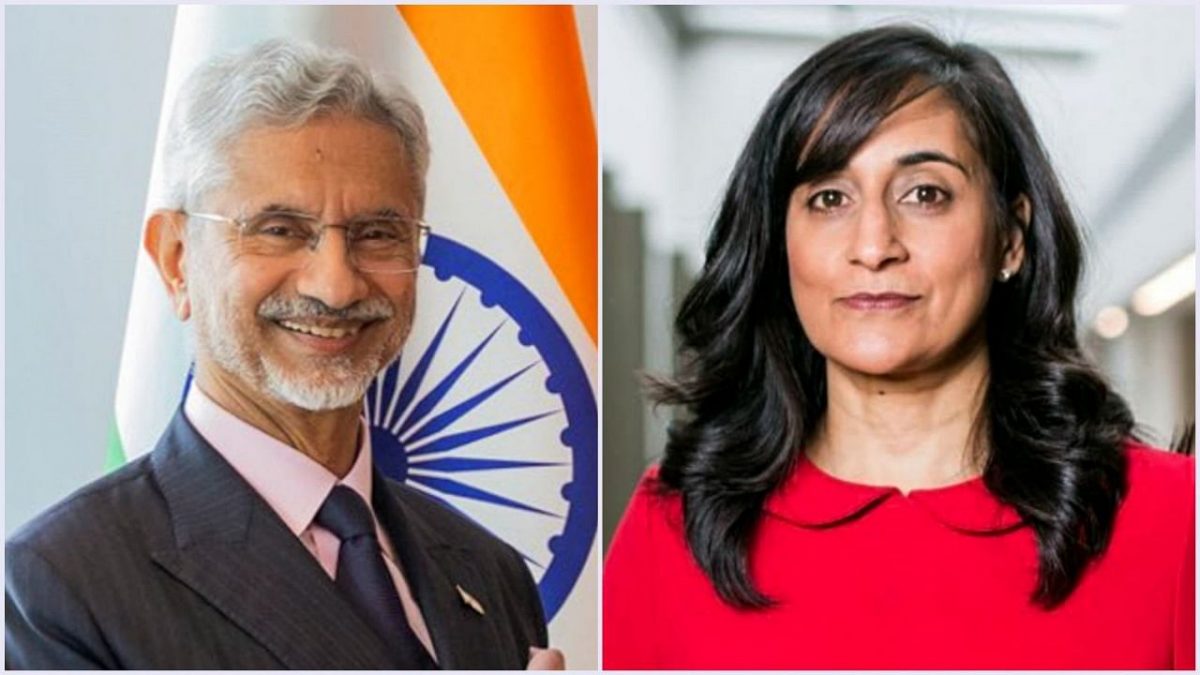)
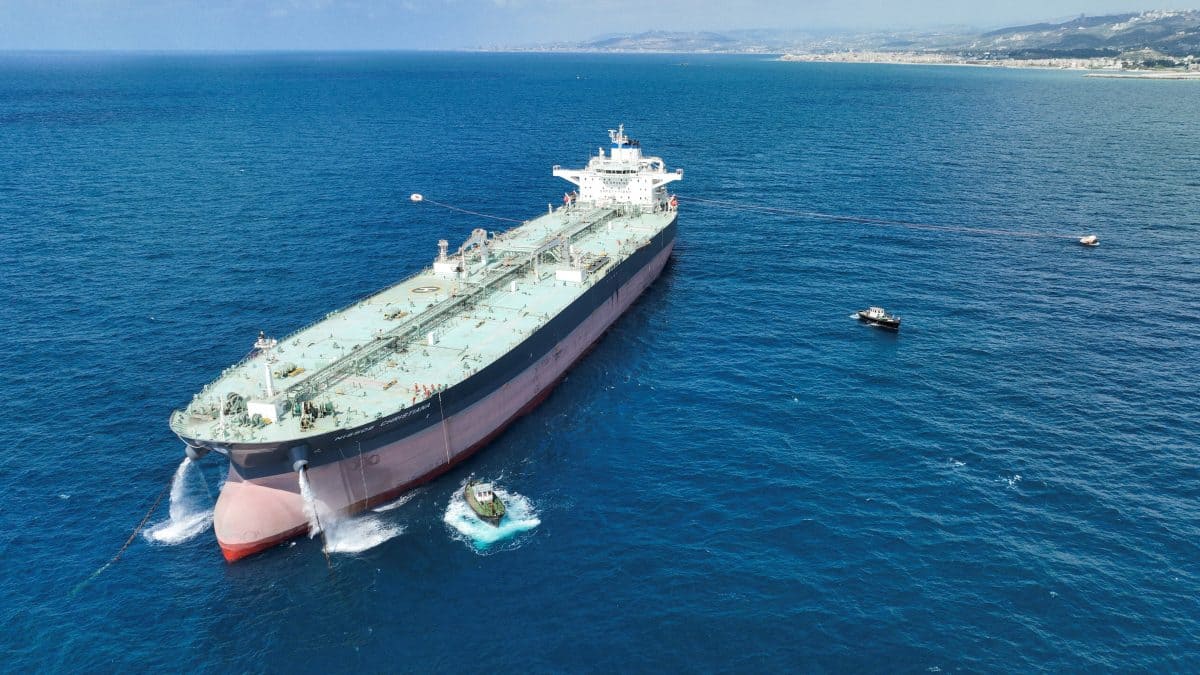
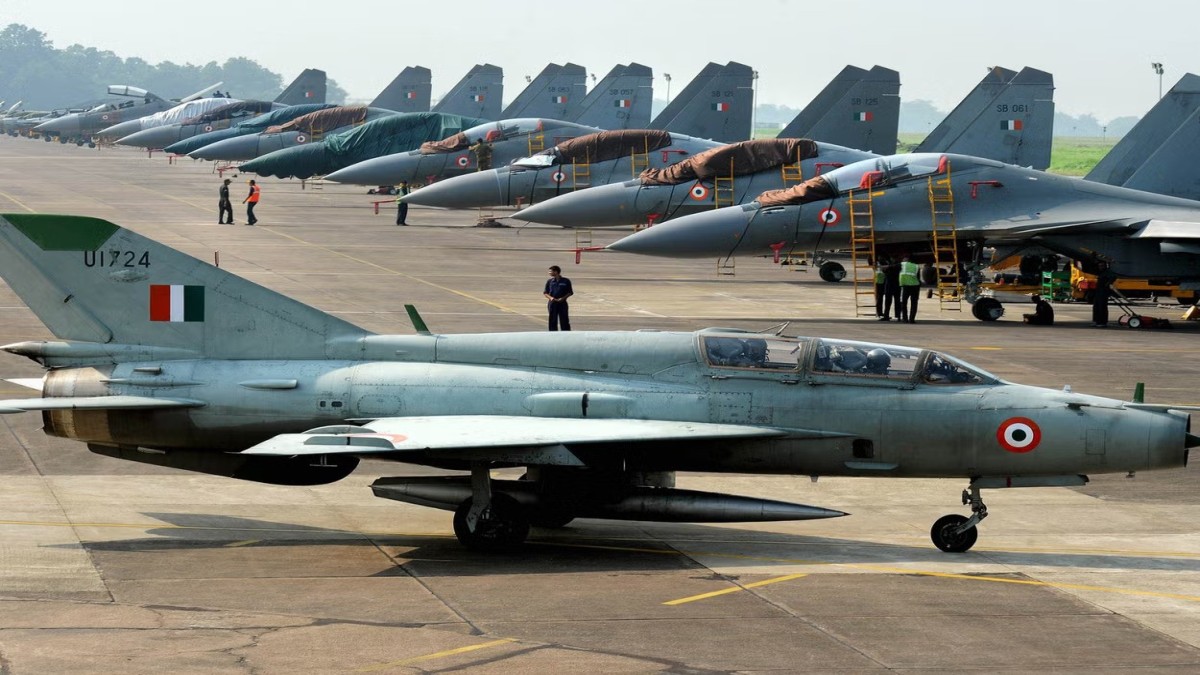)
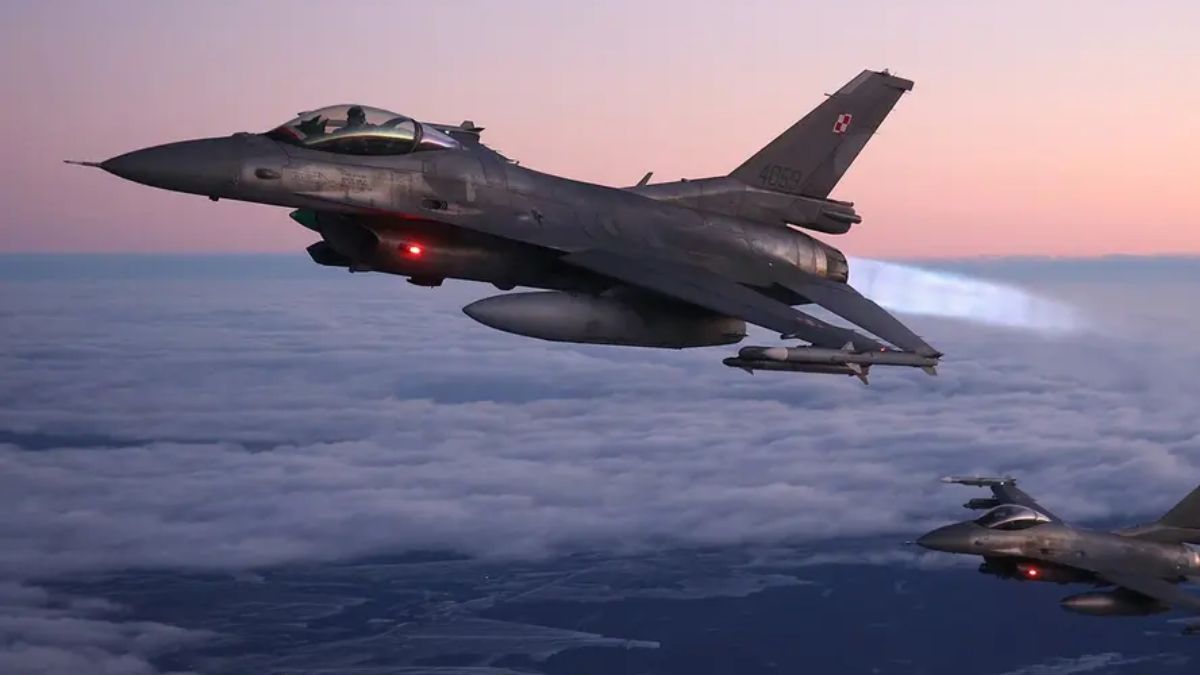)
)
)
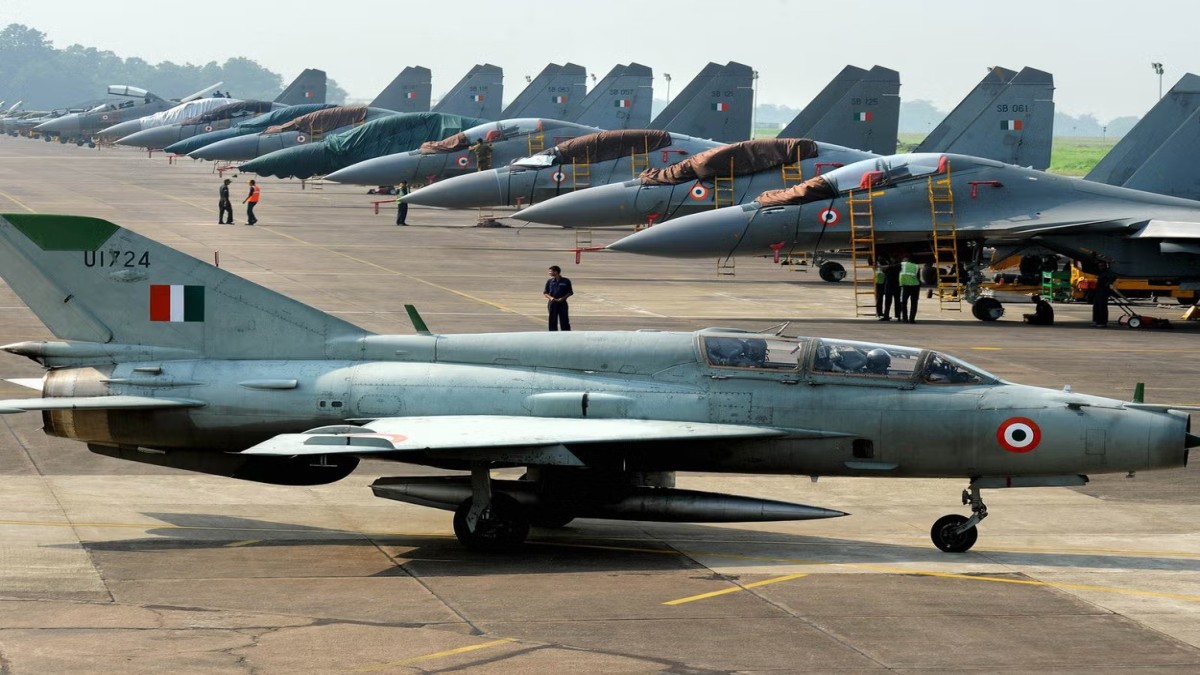)
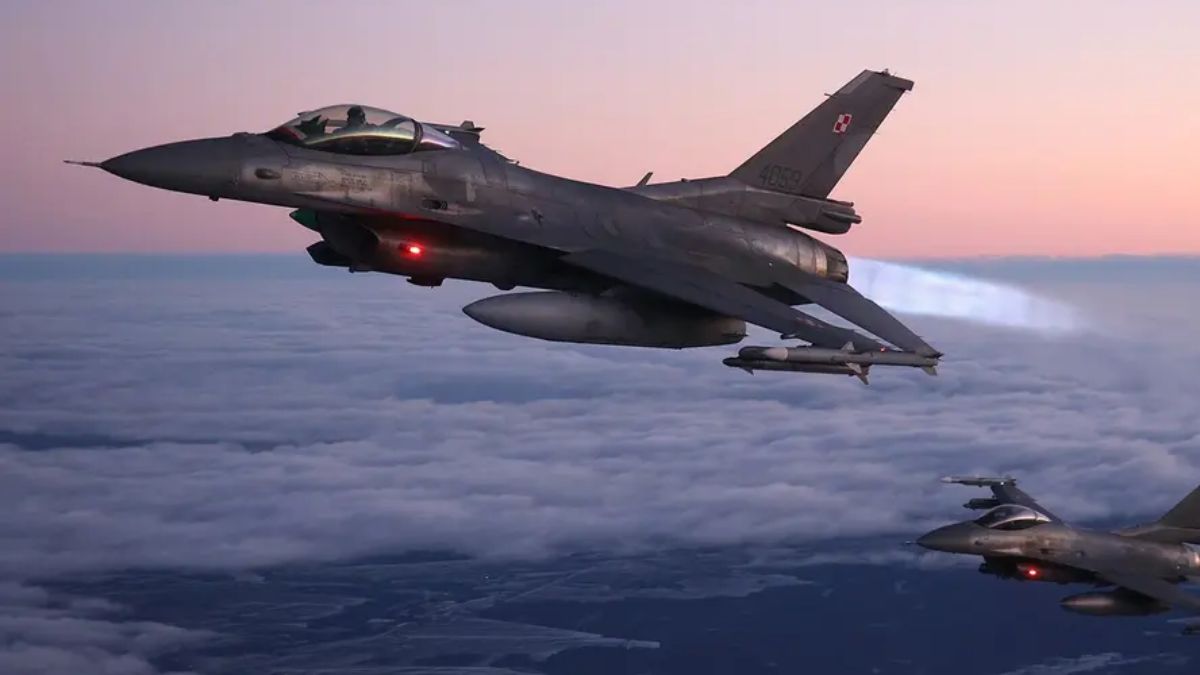)
)
)



